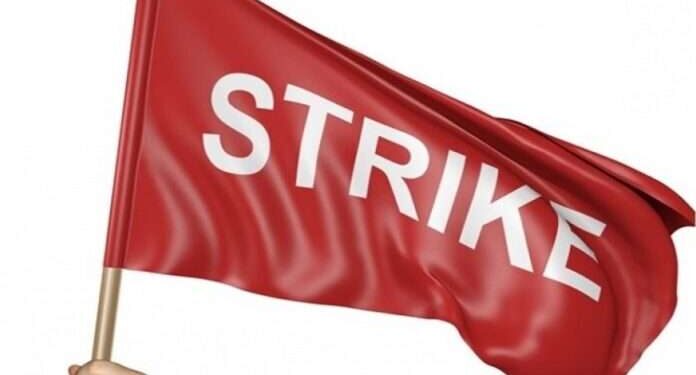The Tertiary Education Workers Union of Ghana (TEWU-Ghana) has issued a two-week ultimatum to the government, demanding the reversal of a directive that withdraws car maintenance allowances for junior staff in tertiary institutions.
The union warns that failure to restore the allowance—previously agreed upon with government agencies—will result in a nationwide strike, potentially disrupting operations at universities across the country.
GTEC’s Directive Sparks Tensions
The controversy stems from a directive by the Ghana Tertiary Education Commission (GTEC) instructing heads of tertiary institutions to discontinue the payment of vehicle maintenance allowances to junior staff.
The allowance was introduced in August 2024 following negotiations between TEWU-Ghana, GTEC, the Fair Wages and Salaries Commission, and the Ministry of Finance.
Initially intended to support junior staff members who use personal vehicles for official duties, the allowance is now being scrapped as part of government austerity measures to cut down the public sector wage bill.
Read Also: Ghana’s household spending to surge in 2025 amid easing inflation – Fitch Solutions
However, TEWU-Ghana insists that the withdrawal violates prior agreements and is unfairly targeting junior staff members, many of whom already struggle with low salaries.
KNUST TEWU Chairman Calls Move a “Breach of Contract”
Speaking on the issue, Charles Arthur, Local Chairman of TEWU-Ghana at KNUST, expressed strong opposition to the directive, describing it as a breach of contract and a violation of labour rights.
“The letter is in bad faith because it is contrary to the directives of the Labour Commission. The car maintenance allowance is our entitlement,” he stated.
Arthur further pointed out that out of 600 junior staff members, only 43 receive the allowance, making the government’s decision unjustified and discriminatory.
Union’s Ultimatum: Restore Allowance or Face Strike
With tensions rising, TEWU-Ghana has given the government two weeks to reverse the directive or face industrial action.
“We have satisfied the requirement to go on strike, and if it is not paid this month, we will lay down our tools,” Charles Arthur warned.
If the strike goes ahead, it could cripple administrative and operational activities at public universities, adding to the government’s ongoing labour disputes across various sectors.

























